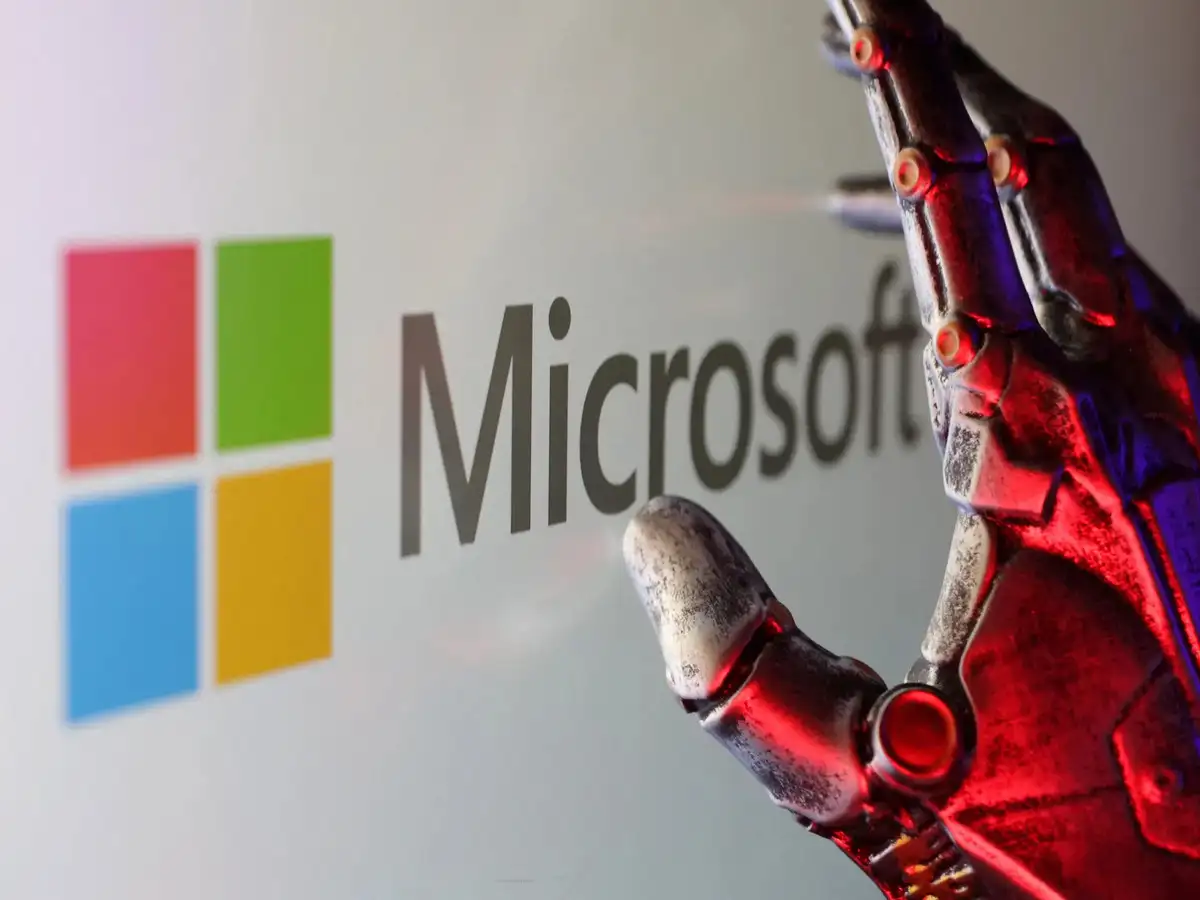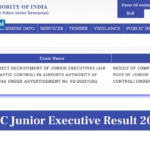In the rapidly evolving world of gaming and technology, even giants like Microsoft are not immune to internal restructuring. Recent reports of significant layoffs within Microsoft’s Xbox division have sent ripples across the gaming industry. For many, this news came as a surprise — not because corporate layoffs are rare, but because Xbox has long been a cornerstone of Microsoft’s consumer-focused innovations. The layoffs raise questions not only about the future of Xbox but also about the direction in which Microsoft is headed as a tech conglomerate.
Let’s dive into what these layoffs mean, the reasons behind them, and their broader implications for gamers, developers, and the industry at large.
Understanding the Layoffs: A Recap
Microsoft has reportedly initiated substantial layoffs within its Xbox division, affecting hundreds of employees across multiple departments, including game development, publishing, marketing, and sales. This marks one of the most significant restructuring efforts within the Xbox ecosystem in recent years.
While Microsoft has previously undergone company-wide layoffs—often tied to fiscal year-end cost-cutting or shifting business priorities—targeting a flagship division like Xbox indicates a deeper strategic pivot.
Some of the affected teams include those from recently acquired studios under the Activision Blizzard banner, as well as long-standing Xbox game studios such as Arkane Austin and Tango Gameworks. The decision has shocked not only industry professionals but also fans of beloved gaming franchises developed by these studios.
Why Did Microsoft Lay Off Xbox Employees?
There is no single reason behind the layoffs. Rather, it appears to be the result of a convergence of several strategic, financial, and technological factors:
1. Cost Optimization Following Major Acquisitions
Microsoft’s blockbuster acquisition of Activision Blizzard in 2023 cost the company a staggering $69 billion. While the deal added high-profile franchises like Call of Duty, Overwatch, and World of Warcraft to Microsoft’s portfolio, it also brought in thousands of new employees and considerable operational overhead. Layoffs may be seen as a move to reduce redundancy and streamline operations.
2. A Strategic Focus on AI and Cloud Services
Microsoft is aggressively investing in artificial intelligence and cloud computing. These sectors are seen as the future growth drivers of the company. Xbox, while profitable, may not offer the same long-term return on investment as AI and enterprise services. Redirecting resources from gaming to emerging technologies is a calculated business decision.
3. Reorganization for Efficiency
By trimming down overlapping roles and consolidating development resources, Microsoft is likely aiming to improve internal efficiency. This could allow Xbox to become more agile in its decision-making, game development, and service delivery.
Impact on Game Developers and Studios
The most immediate impact of the layoffs is being felt by game developers. Studios like Arkane Austin, known for games like Redfall and Prey, have reportedly been shut down or heavily downsized. Similarly, Tango Gameworks, the Japanese studio behind Hi-Fi Rush, has been affected.
The closure or shrinking of these studios not only means job losses but also signals potential cancellations or indefinite delays of upcoming titles. This is particularly disappointing for fans who were looking forward to sequels or new IPs.
Moreover, the loss of talent and institutional knowledge could affect the quality and pace of game development. In an industry where innovation is critical, such disruptions can be difficult to recover from.
How Are Gamers Reacting?
The gamer community has responded with a mix of confusion, frustration, and concern. Many fans are questioning how Microsoft could shutter studios that recently delivered well-received games or were in the midst of developing promising new titles.
Social media has seen an outpouring of support for affected developers, as well as criticism directed at Microsoft’s leadership for perceived mismanagement. For some gamers, these layoffs have led to a sense of betrayal — especially after being encouraged to invest in Xbox platforms and Game Pass subscriptions.
This emotional reaction underscores the strong connection that gamers form with developers and franchises. It’s a reminder that gaming is not just business — it’s personal.
The Bigger Picture: What This Means for Xbox’s Future
The layoffs raise important questions about Microsoft’s long-term vision for Xbox. Some of the key concerns include:
1. Will Xbox Focus More on Services Than Consoles?
With Game Pass and cloud gaming becoming central to Microsoft’s gaming strategy, the company appears to be moving away from a console-centric model. This could mean fewer first-party exclusives and more emphasis on multiplatform service delivery.
2. Are More Layoffs Coming?
Given the current trend, there’s uncertainty about whether more restructuring is on the horizon. If Microsoft continues prioritizing cloud and AI services, Xbox might undergo further contraction in the years ahead.
3. What Happens to Xbox Game Studios?
Studios under the Xbox umbrella are now under pressure to deliver hits consistently. With fewer teams and tighter budgets, the creative risks that often lead to great games may be harder to justify.
Industry-Wide Implications
Microsoft’s layoffs could set a precedent in the industry. Other major publishers and tech companies may follow suit, focusing more on monetizable services and less on high-risk game development.
It also signals a potential shift in the dynamics between major platforms. If Xbox scales down exclusive content, it might give rivals like Sony and Nintendo an edge in the console wars. However, Microsoft could counter this by doubling down on accessibility through Game Pass and cloud gaming, reaching players beyond traditional platforms.
Voices from Within: Developers Speak Out
Although official statements from Microsoft remain guarded, anonymous sources and former employees have expressed disappointment and disbelief. Many feel that their hard work and commitment were undervalued. Some have criticized leadership for making short-term financial decisions at the expense of long-term creativity and employee morale.
There is also concern about the industry becoming too corporate-driven, with innovation taking a backseat to shareholder value.
Conclusion: A Defining Moment for Xbox
The Xbox division layoffs are more than just a workforce reduction — they are a reflection of a changing vision at Microsoft. Whether this strategy pays off remains to be seen.
On one hand, streamlining operations and aligning resources with future technologies like AI could help Microsoft stay ahead of the curve. On the other hand, the loss of talent, disruption of game development, and erosion of community trust could hurt Xbox’s brand and market position.
For gamers, developers, and industry watchers, this is a moment of reflection. The coming months will be critical in shaping the future of Xbox — and potentially, the future of gaming itself.
Author’s Note: This blog is based on recent developments in Microsoft’s corporate restructuring and Xbox division changes. While it aims to provide a balanced overview, some details may evolve as the situation develops further.










